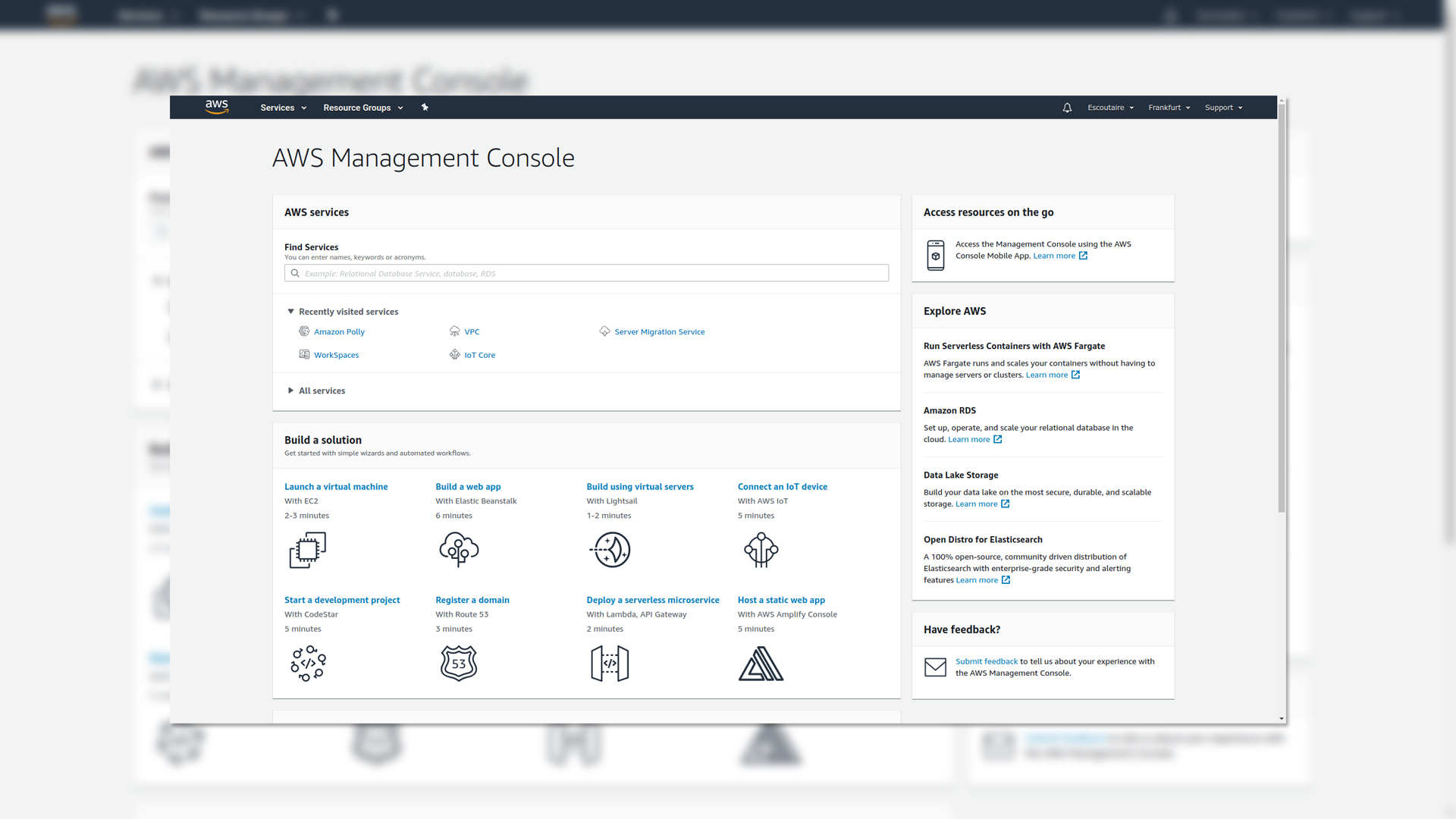AWS is all in on generative AI, and re:Invent offers a stage to blow competition out the water
Customers will be watching AWS re:Invent with bated breath amid a heightened focus on generative AI
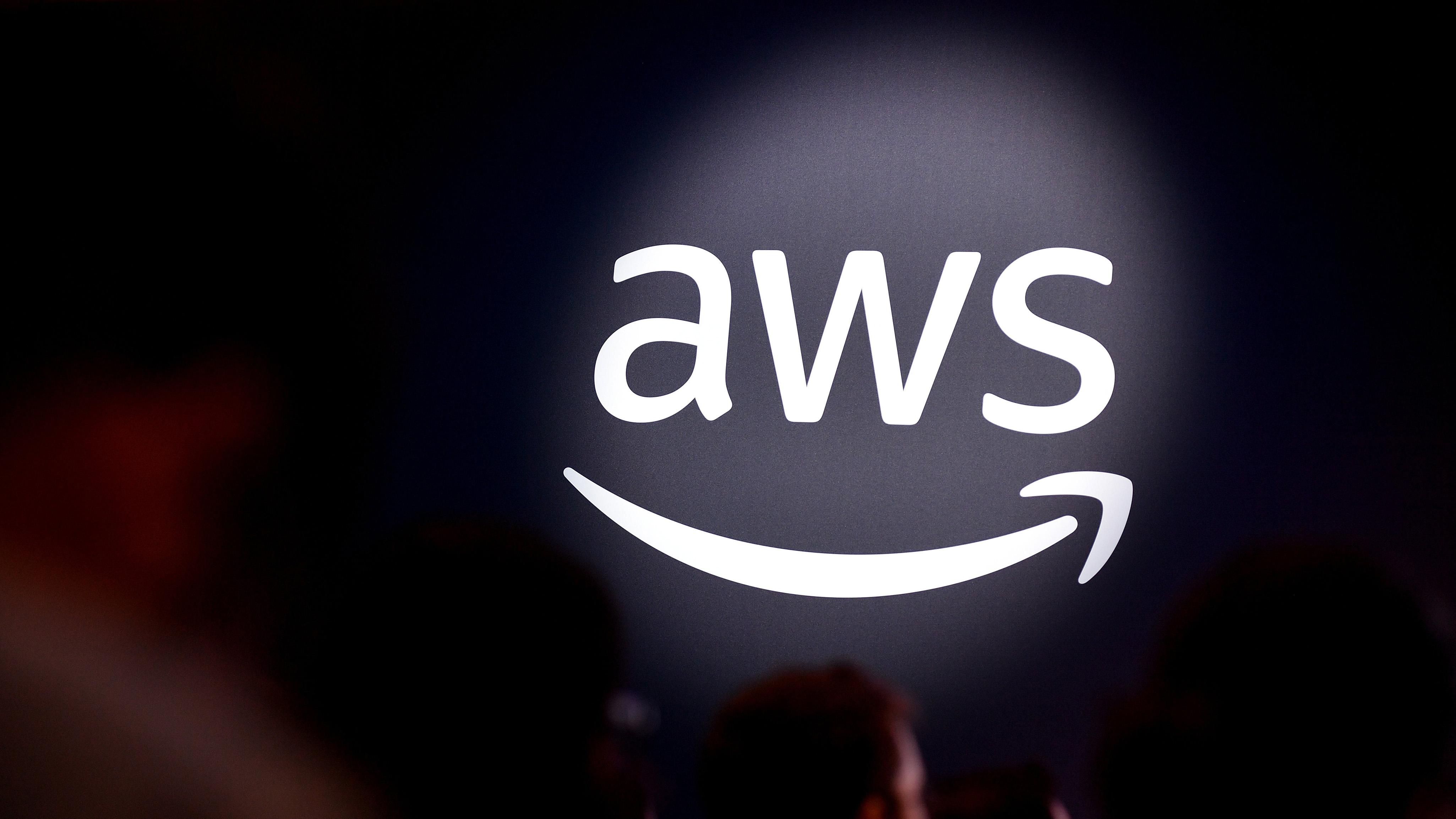

Ten days out from AWS re:Invent 2023, the generative AI space erupted into near anarchy. OpenAI, the developer behind ChatGPT and the poster child of the AI ‘boom’ over the last year, sent shockwaves throughout the industry with its abrupt sacking of CEO Sam Altman.
Five days of absolute chaos ensued in which Altman joined Microsoft, staff at the firm revolted, and then the aforementioned chief exec made a triumphant return.
This disruption, while captivating and confusing in equal measure for an outside observer, highlights the precarious condition of the industry as it emerges from an embryonic stage to begin truly delivering impactful outcomes for businesses globally.
But while industry stakeholders such as OpenAI and Microsoft are mired in chaos and controversy, AWS re:Invent offers a prime opportunity for the cloud computing giant to solidify its status as a ‘steady hand’ for customers worldwide.
As the largest of the three hyperscaler cloud providers, AWS clearly has the maturity and financial clout to position itself as the go-to cloud service for companies dabbling in generative AI in the coming months and years.
And at re:Invent, we can expect the firm to come out guns blazing. re:Invent truly is a behemoth of a conference, much like AWS itself is one in the context of the global cloud computing industry.
Tens of thousands of AWS customers and partners will descend on Las Vegas next week to participate in the flagship conference, and many will be eager to learn how AWS plans to both continue driving its industry-leading cloud offerings as well as its approach to generative AI innovation.
Get the ITPro daily newsletter
Sign up today and you will receive a free copy of our Future Focus 2025 report - the leading guidance on AI, cybersecurity and other IT challenges as per 700+ senior executives
Amazon Bedrock is certain to be a key talking point in this future-facing strategy.
AWS’ big bet on Bedrock
AWS has made no secret of its efforts to position itself as the go-to cloud provider for generative AI innovation among businesses globally. The launch of Amazon Bedrock, a hosting framework for both in-house and third-party foundation models, has been a roaring success since its launch in April 2023.
In July, Swami Sivasubramanian, VP for database, analytics, and machine learning at the cloud giant, revealed Bedrock had drawn “thousands of customers” since its launch, underlining the popularity of the framework.
Bedrock has matured rapidly since its inception earlier this year. Initially, customers were given access to Amazon’s own family of Titan foundation models alongside third-party models from AI21 Labs, Cohere, Stability AI, and Anthropic’s Claude chatbot.
RELATED RESOURCE
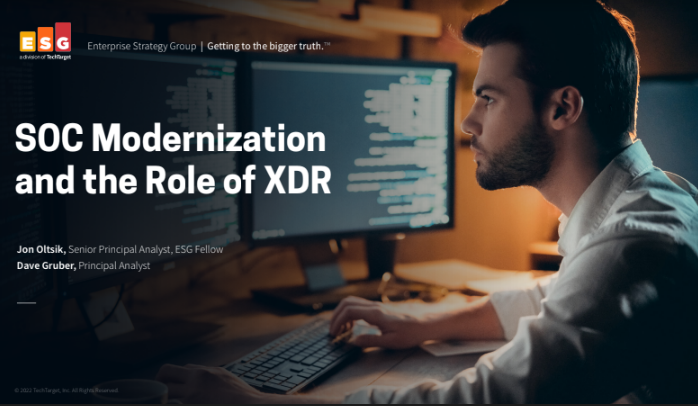
Automate security processes and protect your organization against unknown threats
DOWNLOAD NOW
In September though, the firm announced the inclusion of Meta’s open source Llama 2 in Bedrock in a bold move that made it the first to provide the LLM via an API.
It’s likely that AWS will bang the drum over Bedrock throughout re:Invent, and the possibility of additional model announcements could be on the horizon.
But flashy news bite announcements aside, AWS has a genuine opportunity to pull away from the pack with Bedrock as we near the end of 2023.
In launching the framework, the tech giant isn’t just providing a platform through which customers can access generative AI models, it’s essentially creating an ecosystem that draws upon partner expertise to accommodate for a varied range of customers.
Add to this the fact that Amazon is reportedly working on its own two trillion-parameter large language model, dubbed ‘Amazon Olympus’, and the stage could be set for a showdown with Microsoft-backed OpenAI in 2024.
Industry collaboration
AWS’ approach to AI innovation has been one centered around cross-collaborative efforts with industry stakeholders, particularly high-growth startups operating in the AI space.
Earlier this year, AWS announced a collaboration with Hugging Face to accelerate the training, fine-tuning, and deployment of large language and vision models used in the creation of generative AI applications.
By drawing on the expertise of these companies and simultaneously positioning itself as a primary cloud provider, AWS is able to reap the combined benefits of these relationships.
This approach has proven invaluable so far. Last year, Stability AI selected AWS as its preferred cloud provider while Anthropic did the same as part of a landmark investment deal in September.
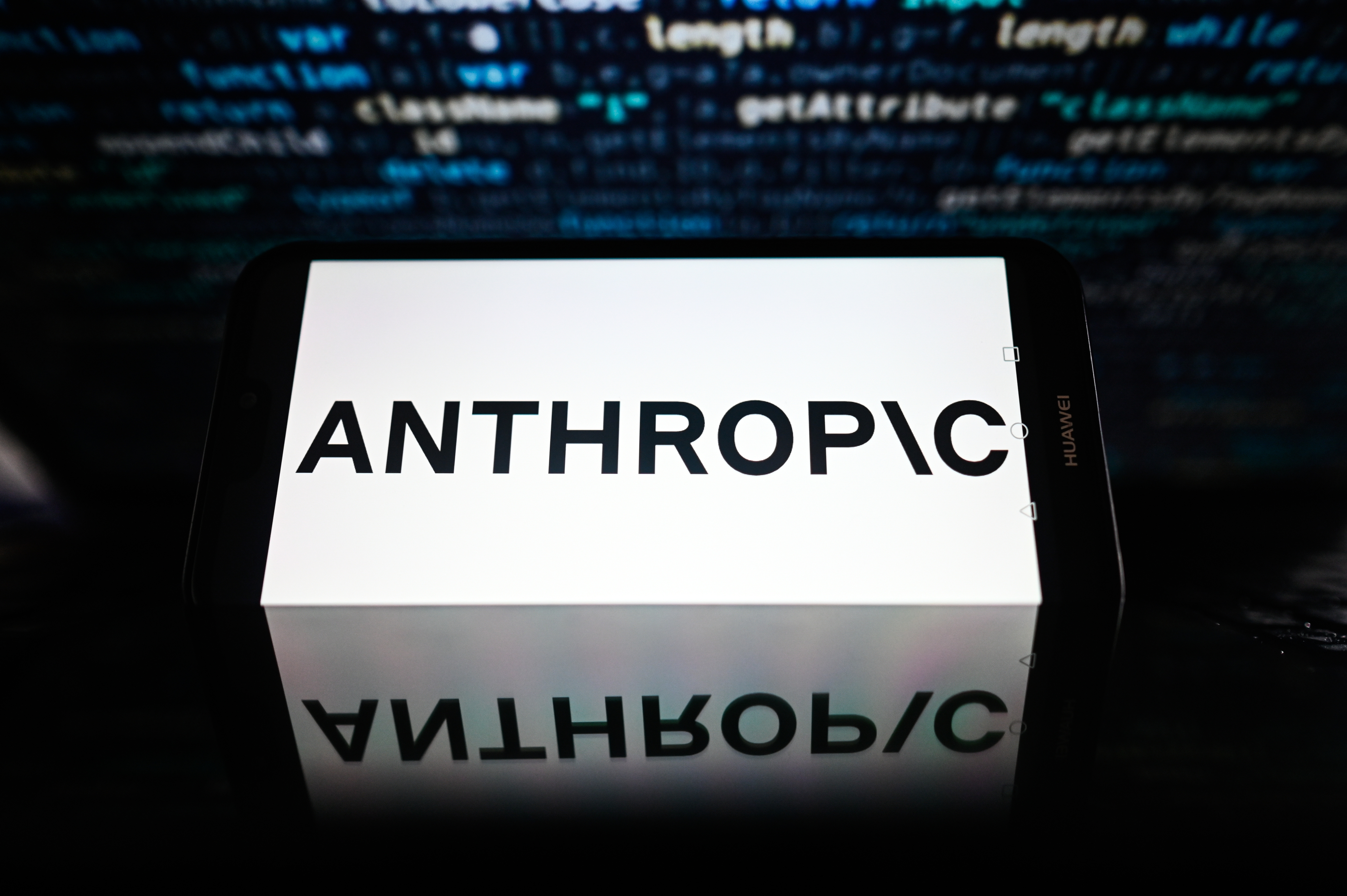
It’s clear that these “strategic partnerships”, as AWS dubbed the Anthropic deal, will continue to be critical in how the tech giant approaches its AI strategy moving forward.
ITPro's Ross Kelly will be covering AWS re:Invent 2023 live from Las Vegas between 27 - 30 November. To stay up-to-date with the latest news and announcements from the conference, follow our live blog and subscribe to our newsletter below.

Ross Kelly is ITPro's News & Analysis Editor, responsible for leading the brand's news output and in-depth reporting on the latest stories from across the business technology landscape. Ross was previously a Staff Writer, during which time he developed a keen interest in cyber security, business leadership, and emerging technologies.
He graduated from Edinburgh Napier University in 2016 with a BA (Hons) in Journalism, and joined ITPro in 2022 after four years working in technology conference research.
For news pitches, you can contact Ross at ross.kelly@futurenet.com, or on Twitter and LinkedIn.
-
 Third time lucky? Microsoft finally begins roll-out of controversial Recall feature
Third time lucky? Microsoft finally begins roll-out of controversial Recall featureNews The Windows Recall feature has been plagued by setbacks and backlash from security professionals
By Emma Woollacott Published
-
 The UK government wants quantum technology out of the lab and in the hands of enterprises
The UK government wants quantum technology out of the lab and in the hands of enterprisesNews The UK government has unveiled plans to invest £121 million in quantum computing projects in an effort to drive real-world applications and adoption rates.
By Emma Woollacott Published
-
 The Wiz acquisition stakes Google's claim as the go-to hyperscaler for cloud security – now it’s up to AWS and industry vendors to react
The Wiz acquisition stakes Google's claim as the go-to hyperscaler for cloud security – now it’s up to AWS and industry vendors to reactAnalysis The Wiz acquisition could have monumental implications for the cloud security sector, with Google raising the stakes for competitors and industry vendors.
By Ross Kelly Published
-
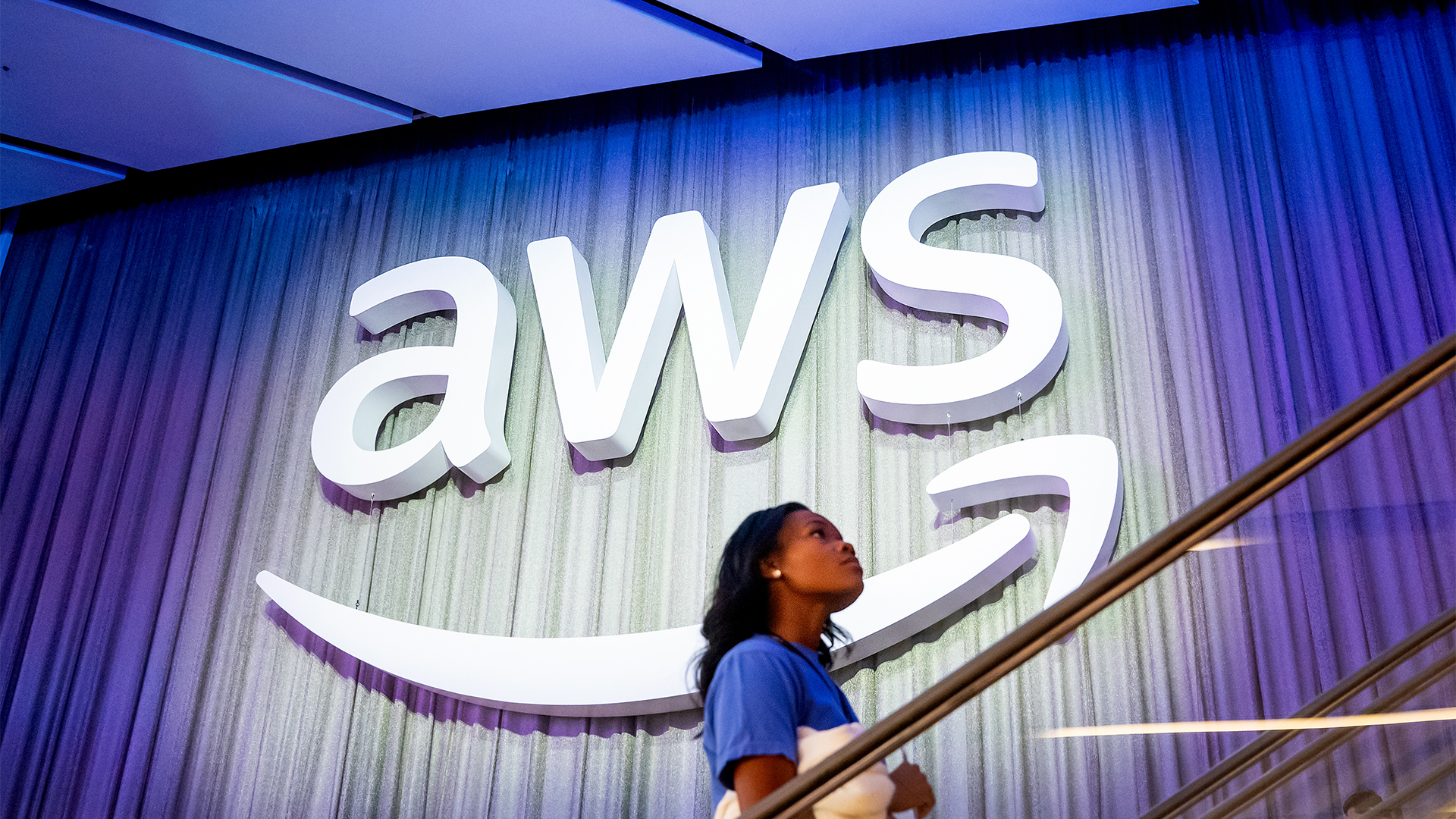 AWS expands Ohio investment by $10 billion in major AI, cloud push
AWS expands Ohio investment by $10 billion in major AI, cloud pushNews The hyperscaler is ramping up investment in the midwestern state
By Nicole Kobie Published
-
 Microsoft hit with £1 billion lawsuit over claims it’s “punishing UK businesses” for using competitor cloud services
Microsoft hit with £1 billion lawsuit over claims it’s “punishing UK businesses” for using competitor cloud servicesNews Customers using rival cloud services are paying too much for Windows Server, the complaint alleges
By Emma Woollacott Published
-
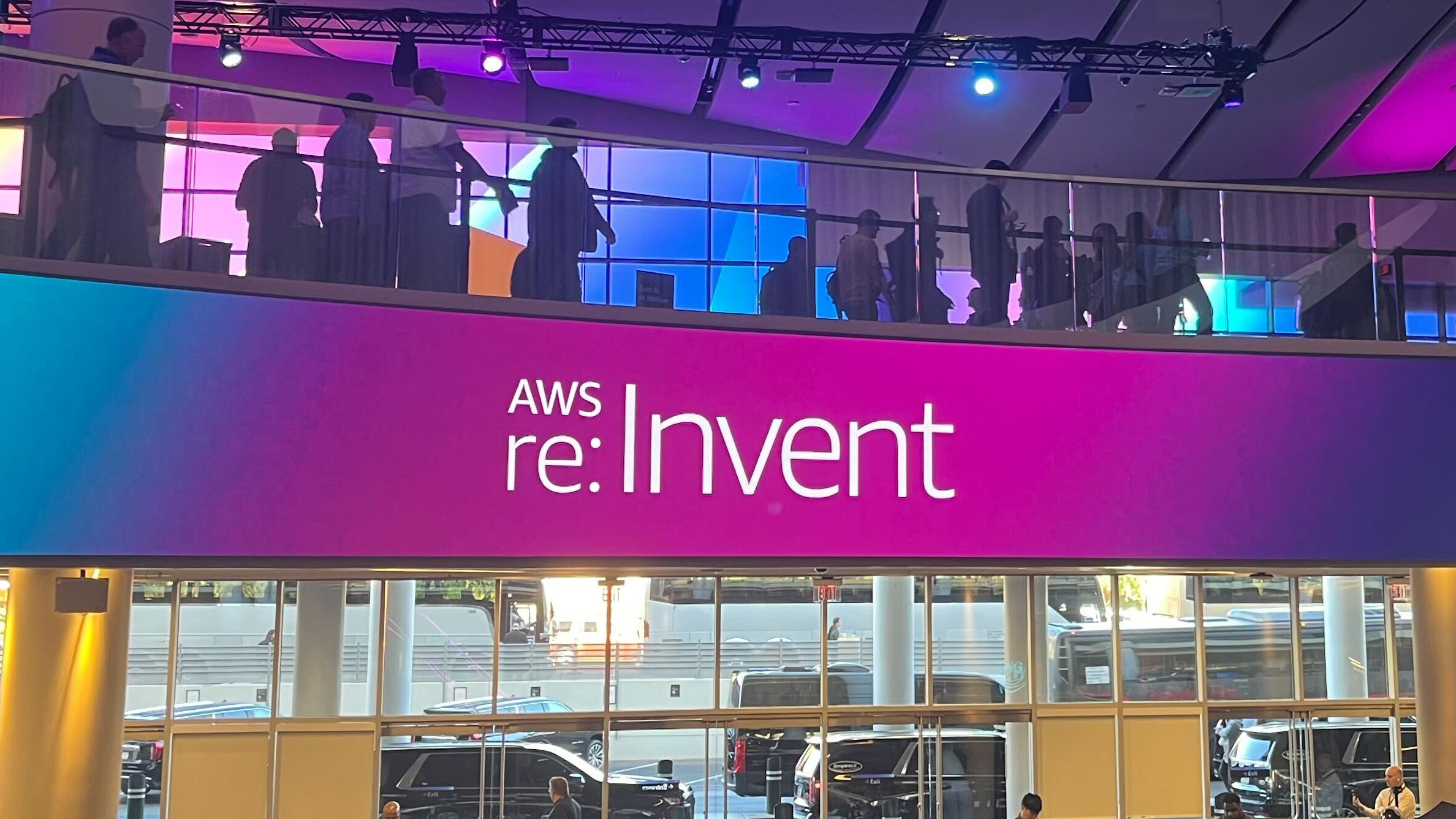 AWS re:Invent 2024 live: All the news and updates from day-three in Las Vegas
AWS re:Invent 2024 live: All the news and updates from day-three in Las VegasLive Blog ITPro is live on the ground in Las Vegas for AWS re:Invent 2024 – keep tabs on all the news and updates from day-three here
By George Fitzmaurice Last updated
-
 Westcon-Comstor bags major European distribution deal with AWS
Westcon-Comstor bags major European distribution deal with AWSNews The company plans to launch a dedicated European AWS cloud business unit
By Emma Woollacott Published
-
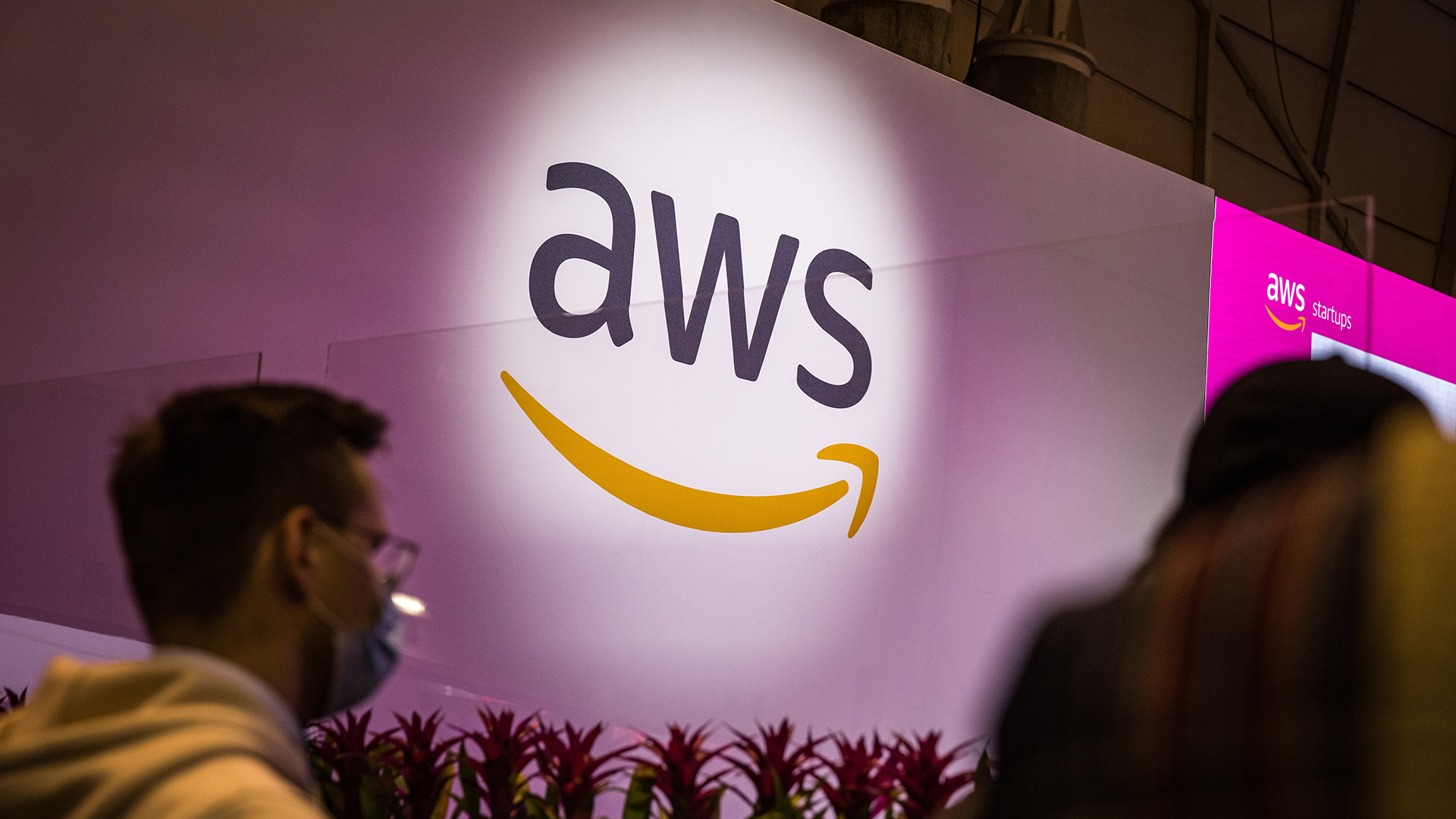 AWS opens physical sites for fast data uploads – but it could cost you up to $500 an hour
AWS opens physical sites for fast data uploads – but it could cost you up to $500 an hourNews Amazon Web Service (AWS) has launched a new Data Transfer Terminal service to allow customers to upload data to the cloud from a physical site.
By Emma Woollacott Published
-
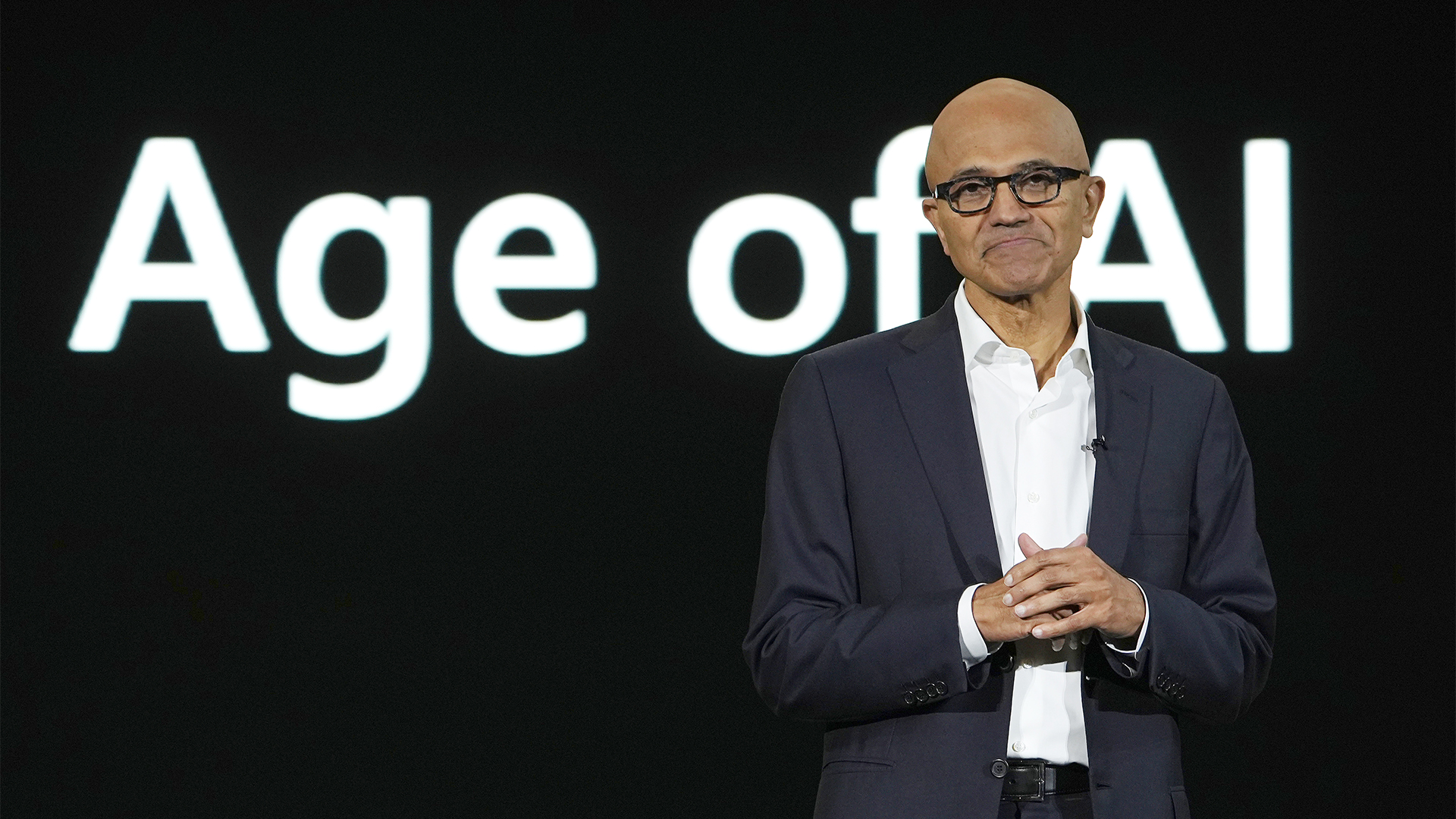 Microsoft's Azure growth isn't cause for concern, analysts say
Microsoft's Azure growth isn't cause for concern, analysts sayAnalysis Azure growth has slowed slightly, but Microsoft faces bigger problems with expanding infrastructure
By George Fitzmaurice Published
-
 The Open Cloud Coalition wants to promote a more competitive European cloud market – but is there more to the group than meets the eye?
The Open Cloud Coalition wants to promote a more competitive European cloud market – but is there more to the group than meets the eye?Analysis The launch of the Open Cloud Coalition is the latest blow in a war of words between Microsoft and Google over European cloud
By Nicole Kobie Published
